The Power of Blockchain
Blockchain technology is revolutionizing the way we think about data security and digital transactions. Initially developed as the backbone for cryptocurrencies like Bitcoin, blockchain has expanded far beyond its original purpose. Today, it's transforming industries, from finance to supply chain management, proving to be one of the most groundbreaking technologies of our time.
What is Blockchain?
An asset can be tangible (a house, car, cash, land) or intangible (intellectual property, patents, copyrights, branding).
At its core, blockchain is a distributed ledger technology. It allows data to be stored globally on thousands of servers while letting anyone on the network see everyone else's entries in near real-time. This makes it nearly impossible for one user to gain control of the network or manipulate the data, ensuring transparency and security.
Key Features of Blockchain Technology
- Decentralization: Unlike traditional ledgers, blockchain does not rely on a central point of control. This decentralization reduces the risk of fraud and makes the system more robust against attacks or failures.
- Immutability: Once a transaction is recorded on a blockchain, it is extremely difficult to alter. Every block in a blockchain is linked to the one before and after it through cryptographic hashes, making tampering practically impossible without being detected.
- Transparency: With blockchain, transactions are visible to all participants and cannot be changed. This transparency builds trust among users and makes the system fairer and more accountable.
Applications of Blockchain Technology

- Cryptocurrencies and Financial Services: Blockchain is the foundation for cryptocurrencies, providing a secure way to track ownership and transactions without the need for intermediaries like banks.
- Supply Chain Management: Blockchain can dramatically improve supply chains by providing real-time, transparent tracking of goods from manufacture to delivery. This not only enhances efficiency but also helps verify the authenticity of products.
- Healthcare: In healthcare, blockchain can secure and streamline the exchange of medical records, ensuring privacy and compliance with regulations, while improving the accuracy and speed of diagnosis.
- Voting Systems: Blockchain could revolutionize voting systems, making them more secure and transparent. It can help eliminate fraud and increase voter turnout by allowing people to vote securely online.
- Smart Contracts: These are self-executing contracts with the terms of the agreement directly written into code. Blockchain ensures that all parties to the contract can view the outcomes and verify the contract without third-party involvement.
The Future of Blockchain
As blockchain technology continues to evolve, its potential to transform various sectors of the economy seems almost limitless. With ongoing advancements and increasing adoption, blockchain could provide the answer to issues such as privacy, security, and centralized control, altering how we interact with the digital world.
Blockchain technology holds the promise of a more transparent, efficient, and secure digital future. As it continues to mature, we can expect to see even more innovative applications that will further transform the economic and social landscape.
Blockchain technology holds the promise of a more transparent, efficient, and secure digital future. As it continues to mature, we can expect to see even more innovative applications that will further transform the economic and social landscape.

